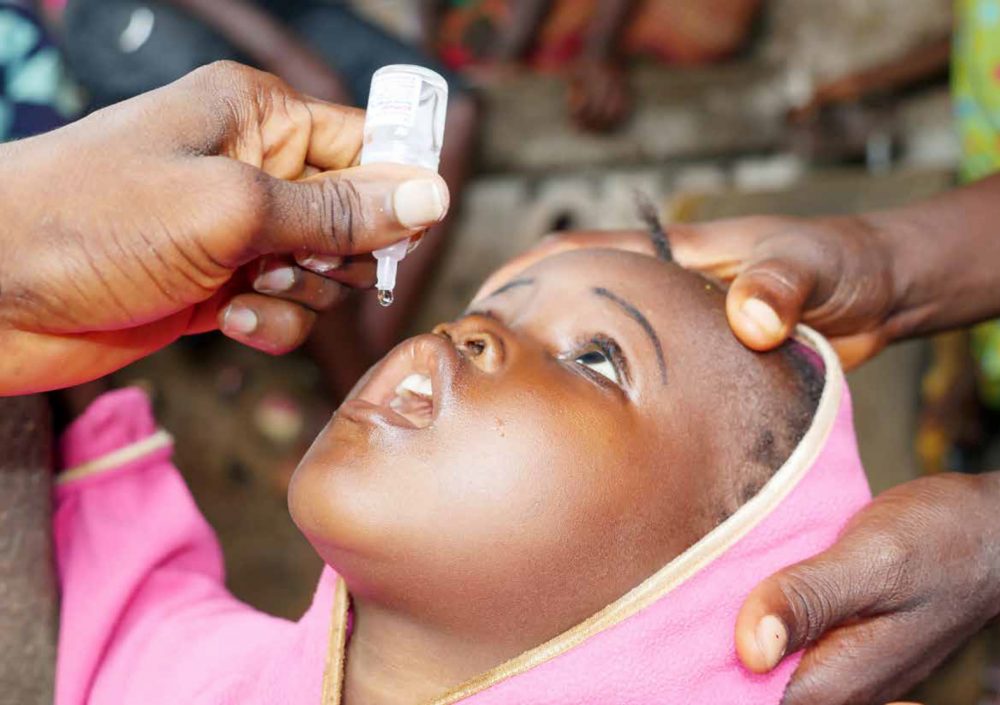Child Health
Children in Africa are about 16.5 times more likely to die before the age of five than children in developed countries. Diarrhoeal diseases are the leading causes of preventable sickness and death among children.
AHO promotes the design of effective and integrated approaches to child health, such as the Integrated Management of Childhood Illness (IMCI) Strategy, geared at care of children between 0-5 years to reduce mortality and morbidity. The IMCI Strategy integrates the best health measures available to promote healthy lifestyles, prevent sickness (through vaccination, proper alimentation, etc.), and detect in a timely manner and effectively treat the most frequent and prevalent illnesses.
In 2013, an estimated 6.3 million children under five died, 2.9 million of them in Africa. This is equivalent to five children under 5 years of age dying every minute. Two thirds of these deaths can be attributed to preventable causes. A third of all these deaths are in the neonatal period.
The primary causes of death in children under-5 include pneumonia, preterm birth complications, diarrhoea, birth asphyxia and malaria. Approximately one third of all childhood deaths are linked to malnutrition in the African Region.
Malnutrition makes newborns and children vulnerable to both infectious and non-infectious diseases through a weakened immune system. One child dies every minute from malaria and over 90% of children living with HIV are infected through mother-to-child transmission.
Children in Africa are about 16.5 times more likely to die before the age of five than children in developed countries. Diarrhoeal diseases are the leading causes of preventable sickness and death among children. Breastfeeding helps prevent diarrhoea and helps to build a strong immune system in newborns and young children.
While most healthy children can thrive with their natural defences, malnutrition and children who are not exclusively breastfed can suffer compromised immune systems. Exclusive breastfeeding for the first six months of life is recommended.
Adults who were breastfed as babies often have lower blood pressure, lower cholesterol, lower rates of overweight and obesity, and type 2 diabetes. Breastfeeding contributes to the health and well-being of the mother and can reduce the risk of breast and ovarian cancers


